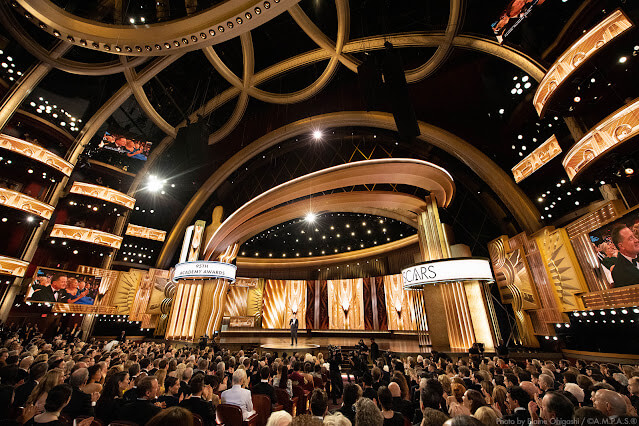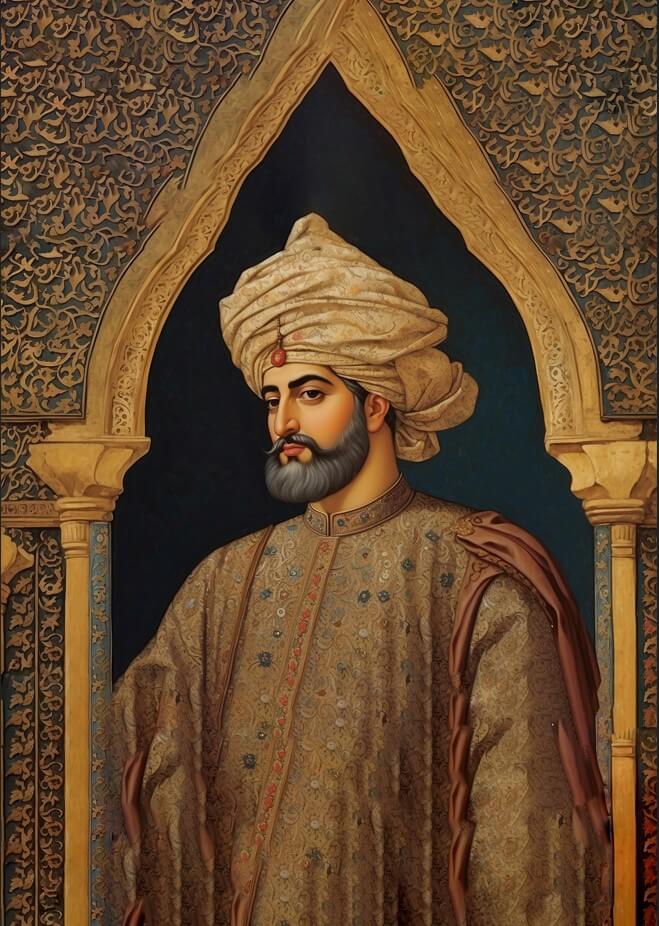The Oscars: A Celebration of Cinematic Excellence

The Oscars, officially known as the Academy Awards, represent the pinnacle of achievement in the film industry. This annual event, hosted by the Academy of Motion Picture Arts and Sciences (AMPAS), honors the best in cinema, from acting and directing to technical crafts like editing and cinematography. The ceremony is not just an awards night; it’s a global cultural phenomenon that celebrates the art and craft of filmmaking.

Origins and Evolution
The first Academy Awards ceremony was held on May 16, 1929, at the Hollywood Roosevelt Hotel in Los Angeles, attended by around 270 people. Since then, the Oscars have grown into an international spectacle, watched by millions of viewers worldwide. The event has evolved from a simple dinner to a glamorous, star-studded affair, reflecting changes in the film industry and society at large.
The Statuette: The Oscar
The iconic Oscar statuette, a knight holding a crusader’s sword and standing on a reel of film, is one of the most recognized trophies in the world. Designed by Cedric Gibbons and sculpted by George Stanley, the statuette is made of gold-plated bronze and stands 13.5 inches tall. Winning an Oscar is considered one of the highest honors in the film industry, symbolizing peer recognition and artistic achievement.

Categories and Voting
The Oscars feature a range of categories, covering all aspects of filmmaking. The major categories include Best Picture, Best Director, Best Actor, Best Actress, and awards for supporting roles, screenplay, editing, and technical crafts. New categories have been added over the years, reflecting the evolving nature of cinema, such as Best Animated Feature and Best Visual Effects.
Voting for the Oscars is conducted by the Academy’s membership, comprising industry professionals across various crafts and disciplines. The voting process is secretive and highly regulated, ensuring the integrity and impartiality of the awards.
Impact and Controversies
The Oscars have a significant impact on the film industry, influencing box office performances, shaping careers, and setting artistic standards. Winning or even being nominated for an Oscar can catapult filmmakers and actors to new heights of fame and success.
However, the Oscars have not been without controversies, including criticisms over the lack of diversity, representation, and transparency in the voting process. Initiatives like #OscarsSoWhite have prompted the Academy to take steps towards more inclusivity and diversity in its membership and nominations.
The Ceremony
The Oscar ceremony is known for its glamour, with the red carpet becoming a focal point for fashion enthusiasts. The event features performances, montages celebrating the history of cinema, and heartfelt speeches by winners, often addressing social and political issues.
In recent years, the format of the ceremony has adapted to changing viewer preferences and technological advancements, with more interactive and engaging elements being incorporated to enhance the viewer experience.

Conclusion
The Oscars remain a cornerstone of the film industry, celebrating the artistry, creativity, and technical prowess of filmmakers and artists. Despite challenges and evolving dynamics, the Academy Awards continue to captivate and inspire, honoring the magic of cinema and its power to reflect, influence, and shape our world. The Oscar ceremony is not just an event; it’s a testament to the enduring allure and impact of the movies, uniting film enthusiasts across the globe in a shared celebration of cinematic excellence.





